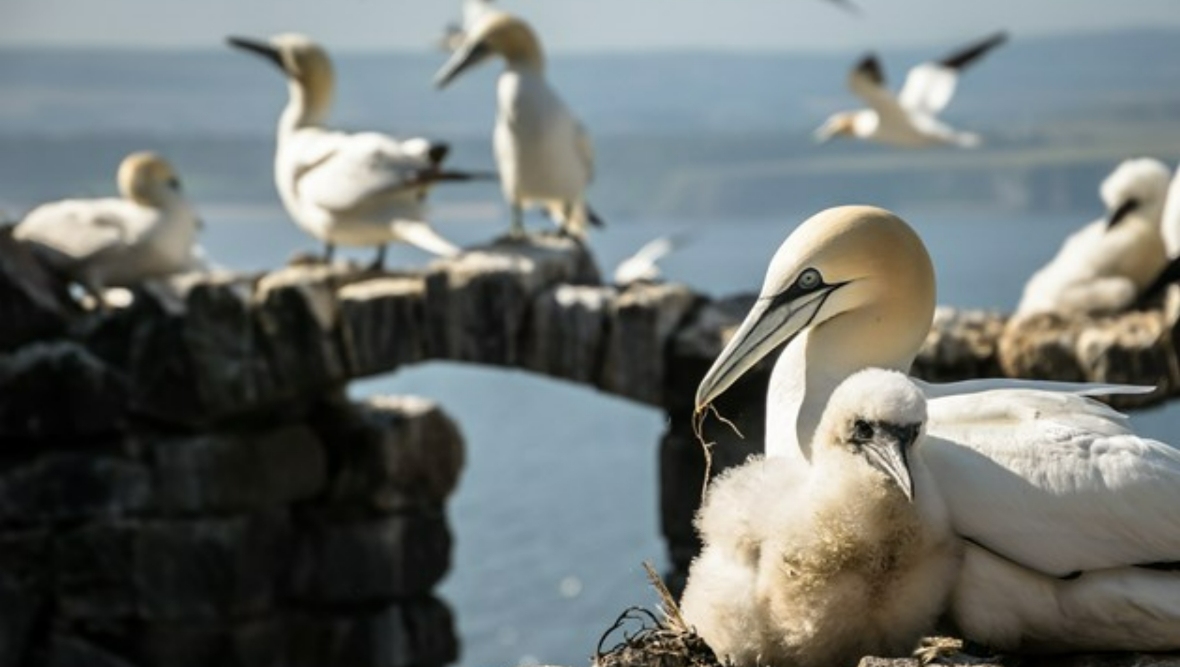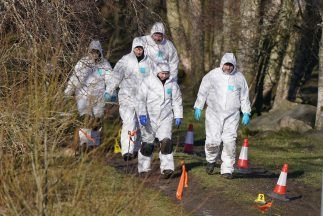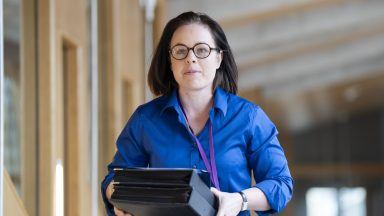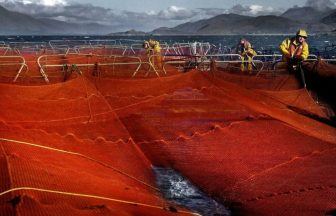A new taskforce aimed at curtailing the avian flu crisis devastating Scotland’s seabird populations has been established in response to the deaths of hundreds of animals.
Experts say the current strain of the disease is “the worst in two decades” after a variety of species began dying on beaches across the country in recent weeks.
Scottish SPCA workers have been forced to turn sick or injured birds away from their care in an effort to curb the spread of the disease.
The new taskforce will initially focus on tackling the H5N1 influenza alongside planning for future outbreaks.
NatureScot announced that it will lead the new group, which will come together later this month, and draw on experience from across government, conservation organisations, local authorities and the research community to drive forward a collective response to the crisis.
Chief executive Francesca Osowska said: “The avian flu crisis has been rapidly evolving and deteriorating. Tragically, this disease could be with us for some time to come, with early evidence confirming avian flu has moved into our urban gull and raptor populations, developments we and partners are monitoring closely.
“Responding to this crisis involves a national endeavour, and this task force will bring together partners who are already doing fantastic work, to better share expertise and co-ordinate action on the ground.
“In the long-term we know this is an international crisis which requires an international response. As we look ahead to the biodiversity COP15 in Montreal this December, protecting and restoring our biodiversity will have a key role to play in our response and resilience to viruses such as avian flu.
“Here in Scotland, the Scottish Government’s new Scottish Biodiversity Strategy, which is currently out for consultation, is responding to this challenge, setting out ambitious plans to halt biodiversity loss by 2030 and reverse it by 2045.”
Follow STV News on WhatsApp
Scan the QR code on your mobile device for all the latest news from around the country


 NatureScot
NatureScot


























